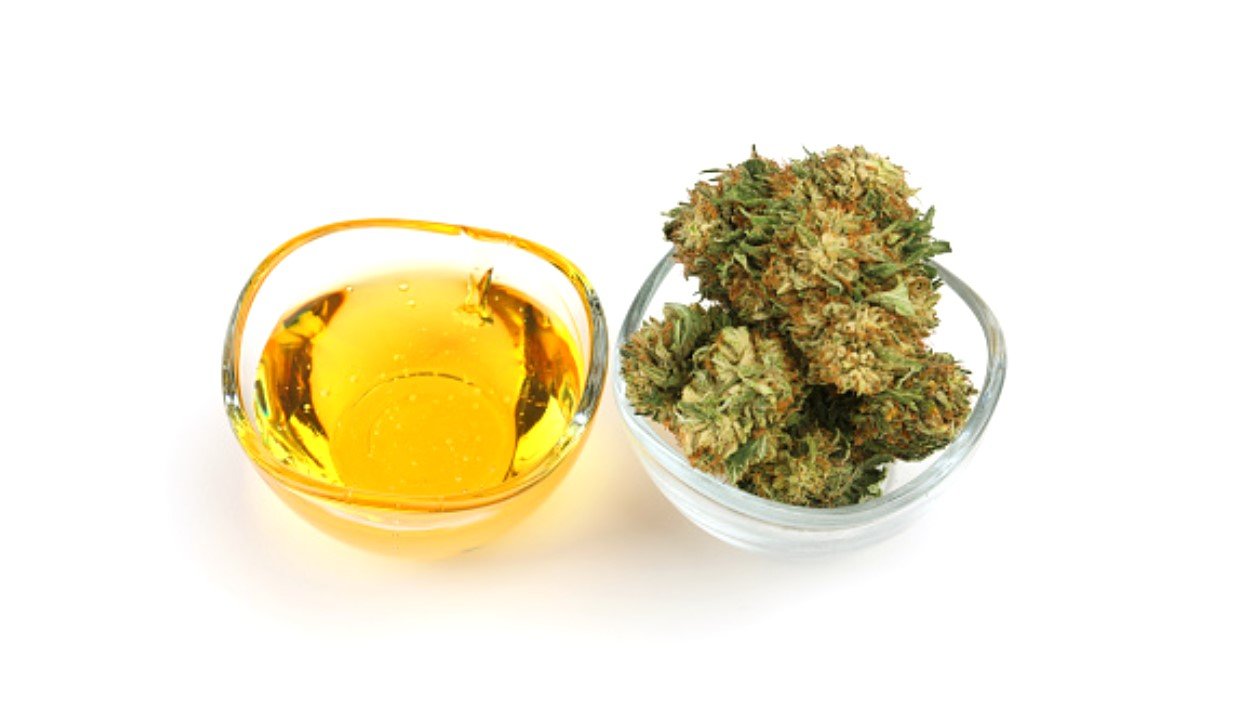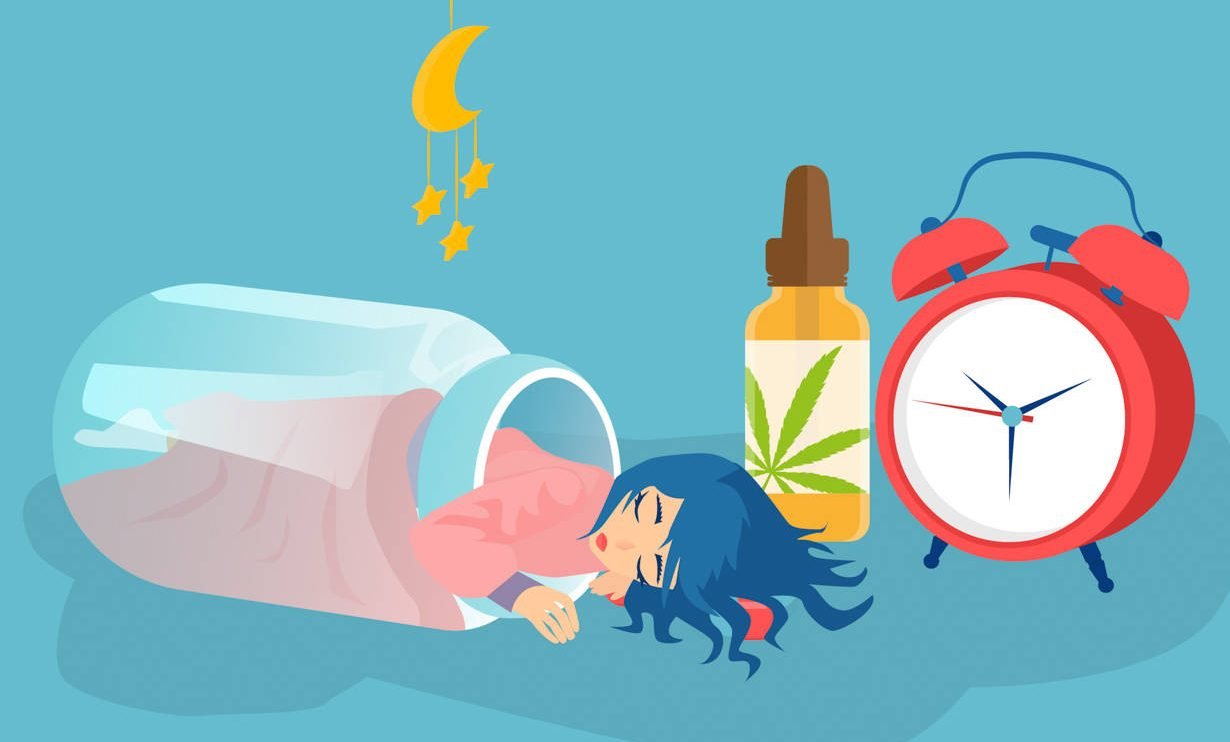CBD Distillate: 4 Important Facts About the Product

CBD distillate is quickly becoming a preferred cannabinoid product for patients, including those who need high doses. Its known benefits include a reduced risk of paranoia compared to THC, along with a better experience which can be described as being even clearer and less jittery.
In other words, CBD distillate will help you relax after a long working day.
It's impossible to overdose on CBD; the worst you'll feel is drowsy. CBD distillate, on the other hand, has much higher doses, so it can cause anxiety attacks and paranoia after just a few hits. It also helps relax muscles - something that pain sufferers will want to take advantage of! If you suffer from any type of muscle tension or spasm, CBD distillate might be the answer for you.
CBD Distillates are considered one of the purest products available because they're distilled cannabis extract oil that's free of contaminants like pesticides, herbicides, heavy metals, or residual solvents. Distillation is an expensive process but well worth it when considering its benefits.
Here's everything you need to know about CBD distillate and how it differs from other products currently on the market.
What Is Distillate: CBD?
CBD distillate is a pure, solvent-free cannabis extract that has undergone an additional refining process to remove all plant material except the cannabinoids, resulting in a concentrated highest purity CBD product. What separates this concentrate from others is that during its refinement process almost all of the THC has been removed while all of the CBD, terpenes, essential oils, fatty acids, and other trace cannabinoids are left intact giving users the full benefit of what nature intended cannabis to be. It's important to note that all of the benefits and effects of CBD are available through this purest form which is appropriate for all ages and lifestyle needs.
CBD distillate is a highly concentrated form of cannabinoid that has been refined to remove impurities from the oil while maintaining other cannabinoids such as terpenes, fatty acids, and other trace cannabinoids. Distillates are generally stronger in concentration compared to concentrates because you're able to get more CBD in a smaller-sized product due to less naturally occurring hemp content. This means a smaller-sized bottle can contain much higher milligram content than products with lower purity levels. Distillate does not have any additional additives or thinning agents, it's 100% pure Cannabidiol.
CBD Distillate vs CBD Oil
When you think of oil, you likely think of liquid at room temperature. Most oils are liquid in nature but there are some exceptions, including olive oil and castor oil, which are solids at room temperate due to their high content of fatty acids that have lower melting points. Distillates tend to be on the liquid side at room temperature but over time they can solidify just like any other liquid does if exposed to lower temperatures.
This shouldn't be a problem as long as the product is kept out of direct sunlight and stored properly in order to maintain its quality and potency (typically around 70-75 degrees). If you purchase a distillate that's already solid or semi-solid then we recommend keeping it in your refrigerator (not freezer) because the extreme cold can cause it to crystallize and make it difficult to get out of the container. Keep in mind that this is only necessary if you're finding the product difficult to work with; we haven't heard any complaints about these particular products getting too hard and/or not melting back into a liquid at room temperature because they should be stored above 70 degrees Fahrenheit anyway.
CBD Distillation Process

The separation of cannabis and hemp extracts is helped by the use of distillations, which are chemical processes that remove water from plant components at different temperatures.
For example, because THC boils at 155°C and CBD at 165°C, most terpenes evaporate before CBD. Most minor cannabinoids evaporate at higher temperatures, while the majority of terpenes boil below 200°C. Fats, waxes, and other undesirable compounds may also melt at higher temperatures, although they can also generate hazardous chemicals such as benzene.
To avoid this, CBD distillation is carried out in a high-vacuum environment at temperatures as low as 0°C to 100°C, which won't result in burning or other harmful chemical processes.
CBD Distillation separates CBD and other cannabinoids and terpenes from undesirable components like fats, waxes, and pigments using heat and a vacuum. CBD Oil is a concentrated extract of high-CBD hemp. The refined oil is distilled using specialized equipment that operates under high vacuum and low temperature.
The CBD oil is heated in a vacuum until it begins to evaporate and rise, at which point it's drawn off into a condenser to form the distillate.
To create a high-quality CBD distillate, the temperature should be kept as low as possible to avoid CBD and other active components degradation. If the product becomes excessively hot for an extended period of time, it will degrade the CBD and other components, resulting in a loss of effectiveness and an unpleasant or burnt flavor. Only laboratory-grade pumps and tight seals are capable of providing this.
Short Path Distillation
There are a number of different types of distillation equipment, each with its own set of features. The more sophisticated systems can achieve higher vacuums, lower temperatures, better separation of CBD from other components, and higher production rates while costing somewhat more and requiring more skilled operation and maintenance than simpler technologies.

Here are 3 types of CBD distillate equipment
- Falling Film Distillation
- Short Path Distillation
- Wiped Film Distillation
Although these three processes are conceptually similar, they differ significantly in implementation. The fundamental version is called falling film distillation. The wiped film adds a wiper for increased surface area. Short path distillation improves efficacy by reducing the distance CBD vapor travels before evaporation. Short Path Distillation is the most frequently used equipment, since it allows for more accurate separation of different chemicals, making it ideal for concentrating CBD or even removing THC. However, note that multiple passes may be required to achieve complete removal.
Wrapping Up
CBD distillate is quickly becoming the preferred method of consuming CBD. It's stronger than other "raw" CBD products and can be used in a variety of ways. There are a growing number of manufacturers who have taken to producing CBD distillate as pre-filled vape cartridges for those consumers using traditional vaporizer devices. They also exist as flavored honey sticks for those consumers who prefer to orally consume their cannabinoids. Over time, we'll undoubtedly see more innovative products incorporating this adaptable distillate as producers use better production techniques and educate retailers and customers about the advantages.



